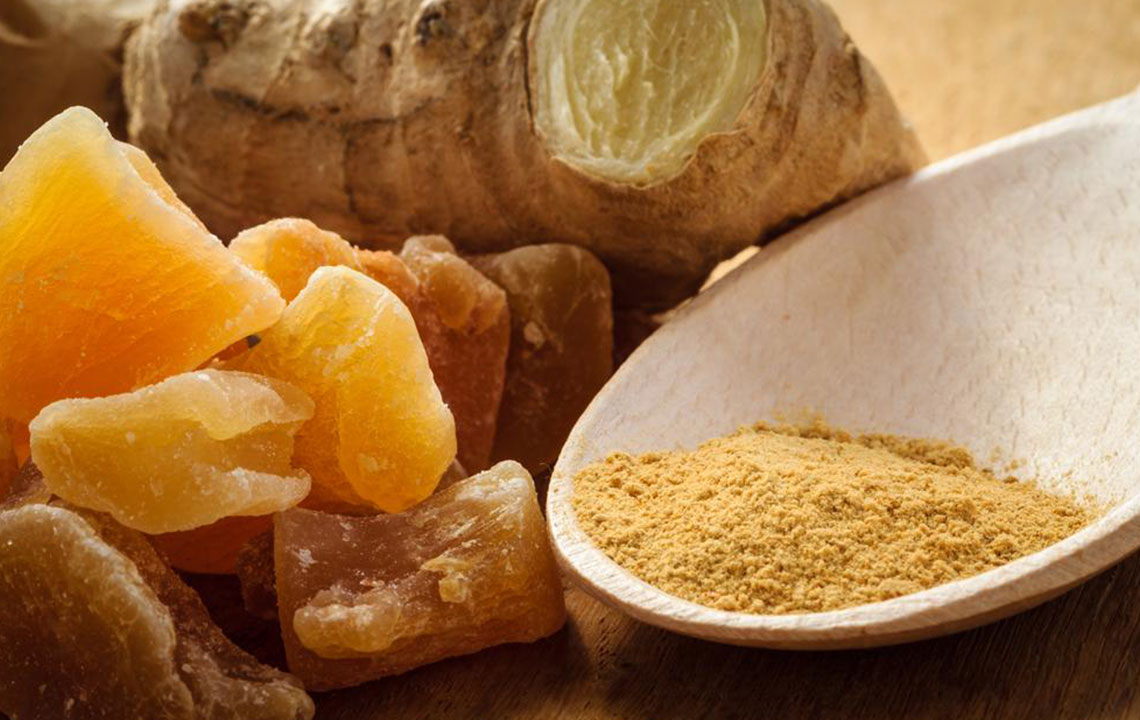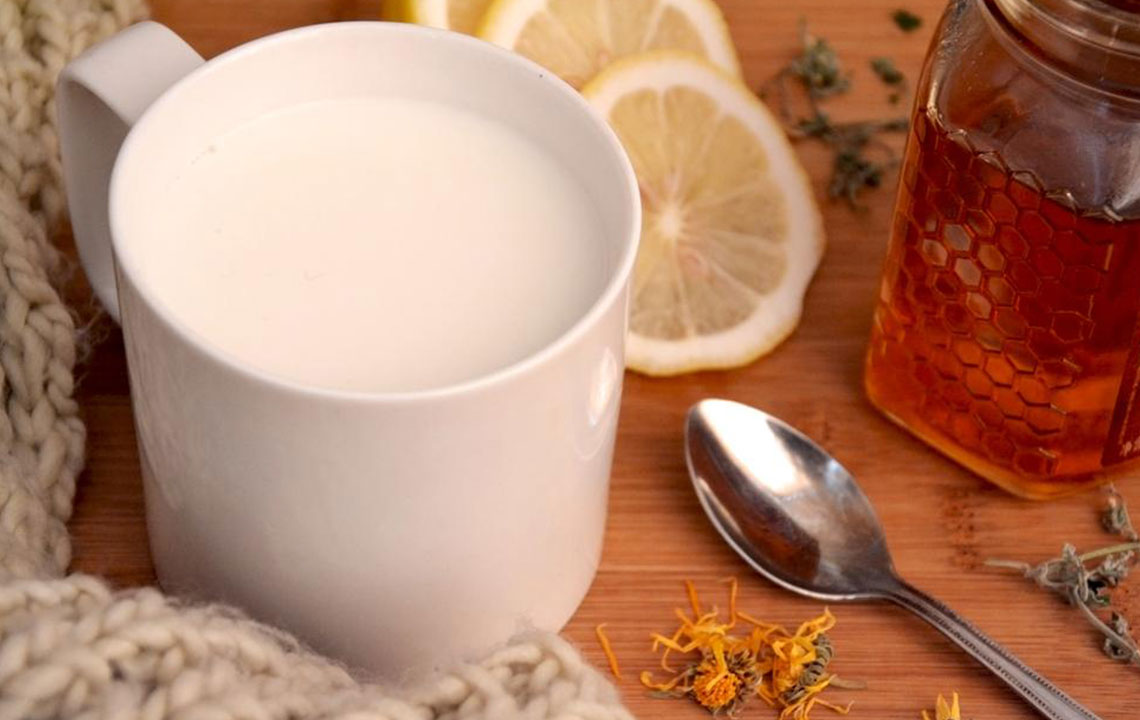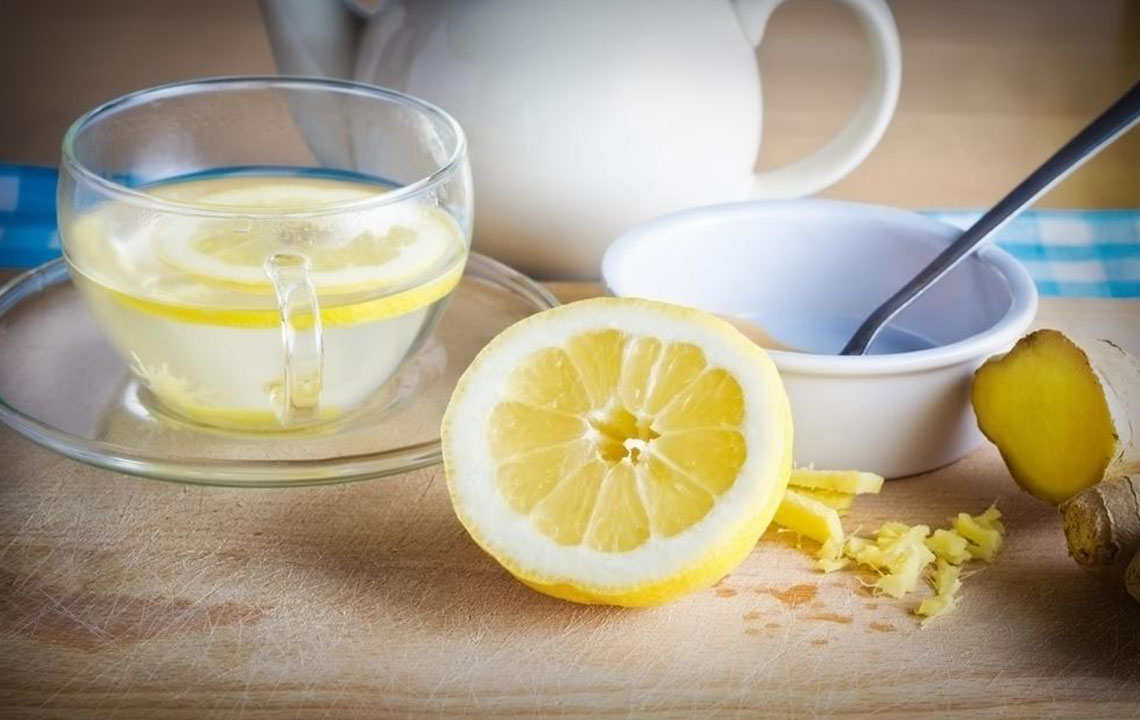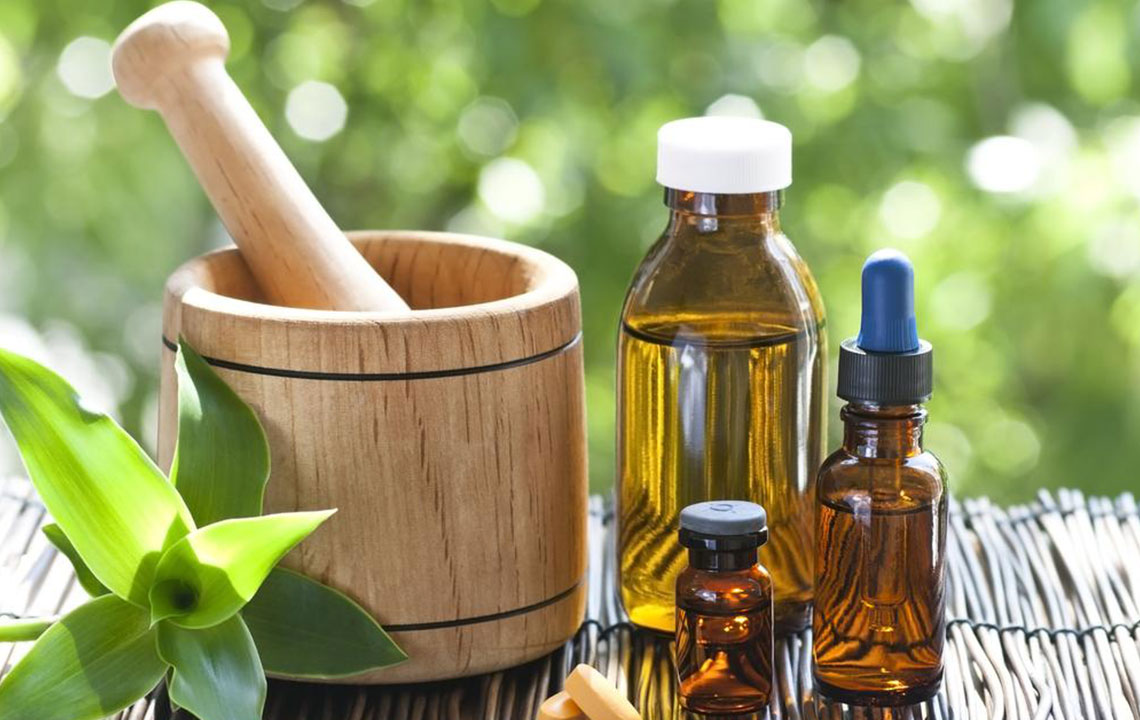Simple Natural Remedies for Gout Relief and Pain Management
Discover simple, natural remedies to manage gout pain and prevent its progression. From dietary tips like cherries and ginger to hydration and lifestyle changes, these easy strategies can help control symptoms and improve quality of life. Always consult with a healthcare professional for personalized treatment plans.

Effective Natural Strategies to Relieve Gout Pain
Gout, a form of inflammatory arthritis caused by excess uric acid in the bloodstream, leads to intense pain and swelling. It develops when uric acid crystals form sharp deposits in joints, causing discomfort.
Gout progresses through several stages, each with distinct symptoms such as joint pain, redness, tenderness, and swelling. Contributing factors include sedentary lifestyles, genetics, high protein intake, and stress. Recent studies link gout to increased risks of heart disease and kidney problems.
Understanding the stages of gout helps in managing symptoms effectively. Here are simple, at-home remedies suitable for each phase to alleviate pain and prevent progression.
Asymptomatic Hyperuricemia
During this early stage, uric acid levels are elevated, but no symptoms appear. Crystals start forming in the joints, signaling the need for preventive measures. Home remedies can help manage this phase.
Mix two spoons of raw apple cider vinegar, a teaspoon of honey, and a wedge of lime in water. Apple cider vinegar helps reduce uric acid and ease pain, while honey provides anti-inflammatory benefits. Adding lime replenishes electrolytes and maintains hydration.
Sudden Gout Flare-ups
This stage features unpredictable, painful attacks often triggered by alcohol consumption, which raises uric acid levels. These episodes cause redness, swelling, and intense joint pain, typically lasting 8-12 hours.
Managing these attacks involves dietary adjustments like consuming dark cherries, rich in anthocyanins, which help lower uric acid and reduce inflammation. Cherries also contain antioxidants that aid in pain relief.
Inactive Gout
Between flare-ups, uric acid crystals may subside, but inflammation persists, risking joint damage. Maintaining healthy habits is key during this phase.
Incorporate ginger into your diet—grated fresh or dried—as it acts as a natural anti-inflammatory and lowers uric acid. Ginger can be added to meals or made into a paste for topical application.
Advanced Gout
This chronic, severe stage involves frequent attacks and potential joint and tissue damage if uric acid remains high over years. Mobility issues and organ complications can occur.
Preventative measures include dietary habits such as consuming bananas, lemon juice, grapefruit, and using Epsom salts or activated charcoal. Regular exercise and limiting caffeine, salt, sugar, and alcohol intake are crucial for managing and preventing severe gout. Always consult a healthcare provider before starting new remedies or treatments.
Note:
Our blog provides helpful tips and information across various topics. While we aim for accuracy, readers should consult healthcare professionals for personalized advice. We are not responsible for discrepancies or inaccuracies in other sources. Some offers or schemes may also vary.










